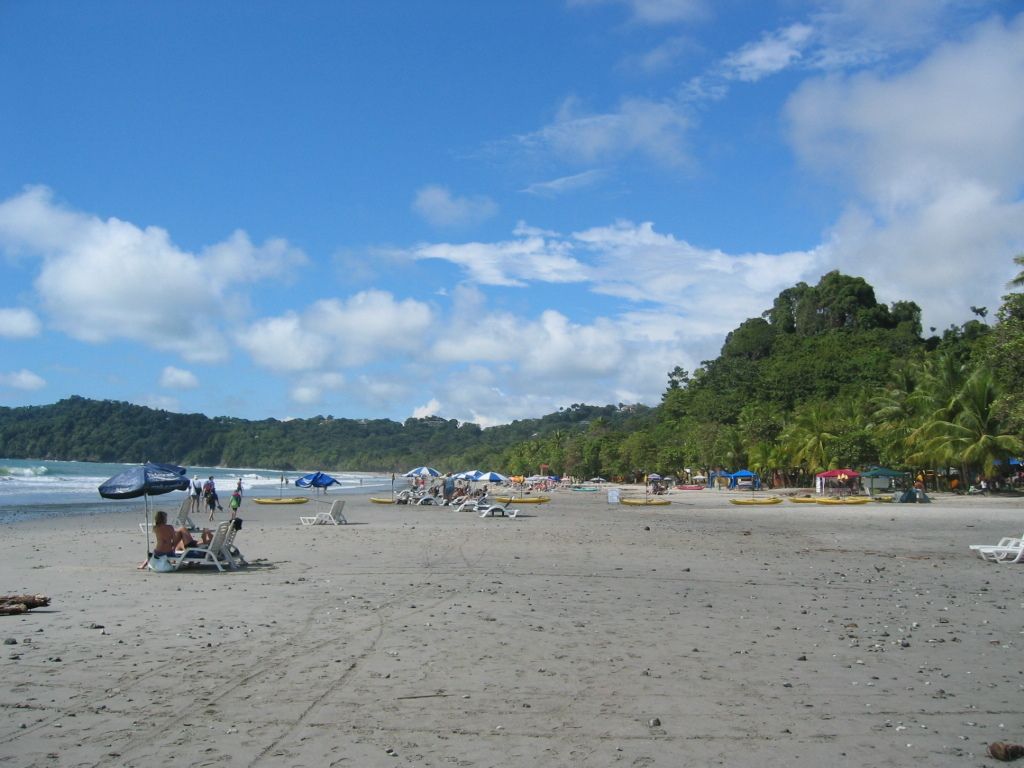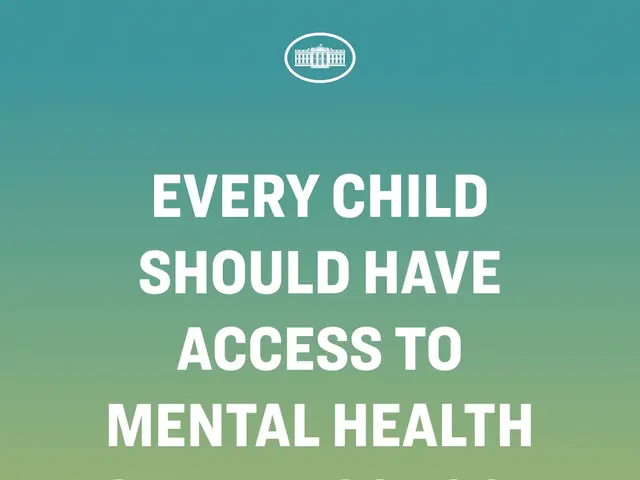Holiday Headaches: 5 Legal Facts You Need to Know When Life Disrupts Your Vacation
Essential Vacation Guidelines to Keep in Mind
No matter how carefully we plan our holidays, unforeseen circumstances can arise, leaving us with more questions than answers about our time off. But what happens if illness, canceled flights, or short notice work absences mess with your vacation? Here are 5 essential rules to keep in mind, so you know your rights as an employee.
1. Your Sick Days Aren't Always a Safe Bet
Tired from your travels, you feel a tickle in your throat... and just as you're wondering if you've caught a bug, bam! You're down with the flu or some other nasty germ. While it can be frustrating, if you're genuinely sick, your vacation days will likely be refunded. However, this only applies if you have a medical certificate to back up your illness. And if it's your kids who fall ill, tough luck — you can't claim your days back in that case.
2. Your Manager Can't Just Cancel Your Holidays
Say your boss has a change of heart and decides they need you on hand for a project. Don't freak out. They can't simply cancel your long-awaited vacation without agreement. If your days off have been approved, it's considered a release by your employer, which they're contractually bound to. However, if both you and your employer agree to postpone the vacation, that's perfectly fine. But remember, only in extreme cases, like a company on the brink of collapse, could a unilateral vacation withdrawal be considered, and these are incredibly rare.
3. You Can't Just Postpone Your Holidays Willy-Nilly
Life doesn't always go according to plan. Maybe your flight gets canceled due to a strike, your car breaks down, or there's an emergency at home. If you can't return from your vacation, you can't just postpone your approved days off on a whim. Once your vacation has been granted, it can't be unilaterally withdrawn, whether by the employer or employee. If you need to change your travel plans due to unforeseen circumstances, you'll need to agree with your employer to cancel or postpone your vacation.
4. Being Stranded on Holidays Might Mean Lost Compensation
Imagine it's your last day of vacation, and you're eager to get back to work. But then disaster strikes — a storm, a volcanic eruption, or a warning strike grounds all flights. Bummer, right? Unfortunately, you have no claim for compensation for the missed time. Your employer isn't responsible for circumstances beyond their control. While it's best to contact your employer as soon as possible to discuss potential solutions, they may not have many options available.
5. Ignore That Call from the Office
You've finally made it to your vacation destination, but your phone won't stop ringing with calls and messages from your boss. It's annoying, but resist the urge to answer. Employees are not obligated to respond to work-related communication during their holidays, as long as they agree to being reachable only during working hours. But keep an eye on your employment contract — some managers may have exceptions in their contracts that require them to be reachable within a certain time during vacation, although this is less common.
References: ntv.de, Amelie Breitenhuber, dpa
- Employee
- Employer
- Profession
- Contractual Obligations
- Paid vs. Unpaid Leave
- Legal Implications
- Statutory Rights
- Disability and Discrimination
- Travel Insurance
- Employment Termination
- Communication
- Employment Contract
- Company Policies
- Legal Advice
- Strikes
- Volcanic Eruptions
- Unforeseen Circumstances
- Holiday Headaches
- Extreme Situations
1. The community policy in your workplace should include provisions regarding employee absences due to health-and-wellness reasons, such as workplace-wellness programs that promote health and well-being.
2. In the event of a dispute over employment policy concerning holiday cancellations, it may be necessary to seek legal advice to understand your statutory rights and the potential legal implications of a company's actions.







